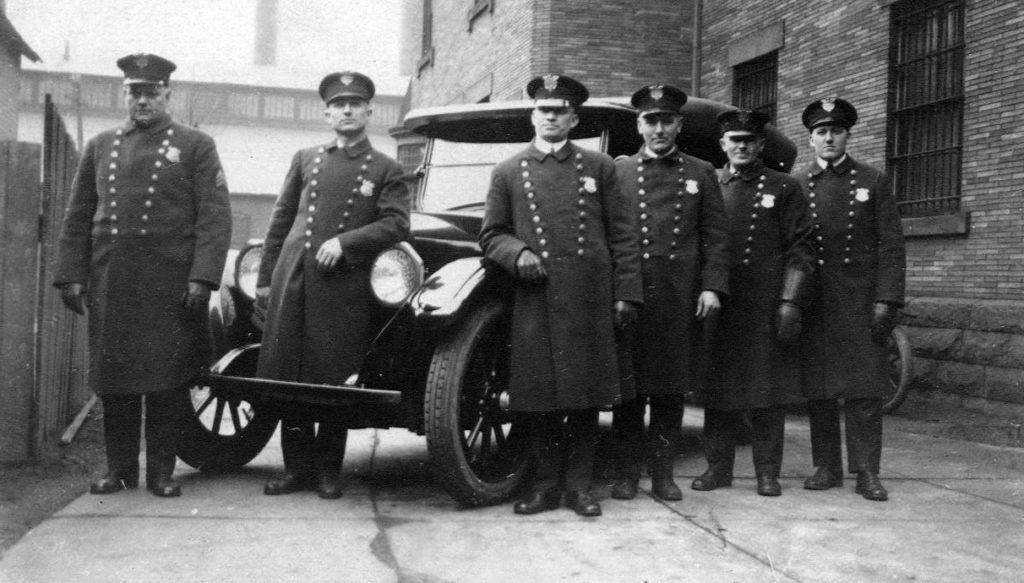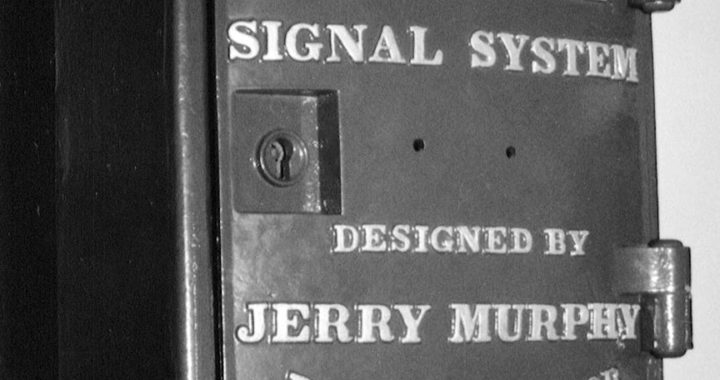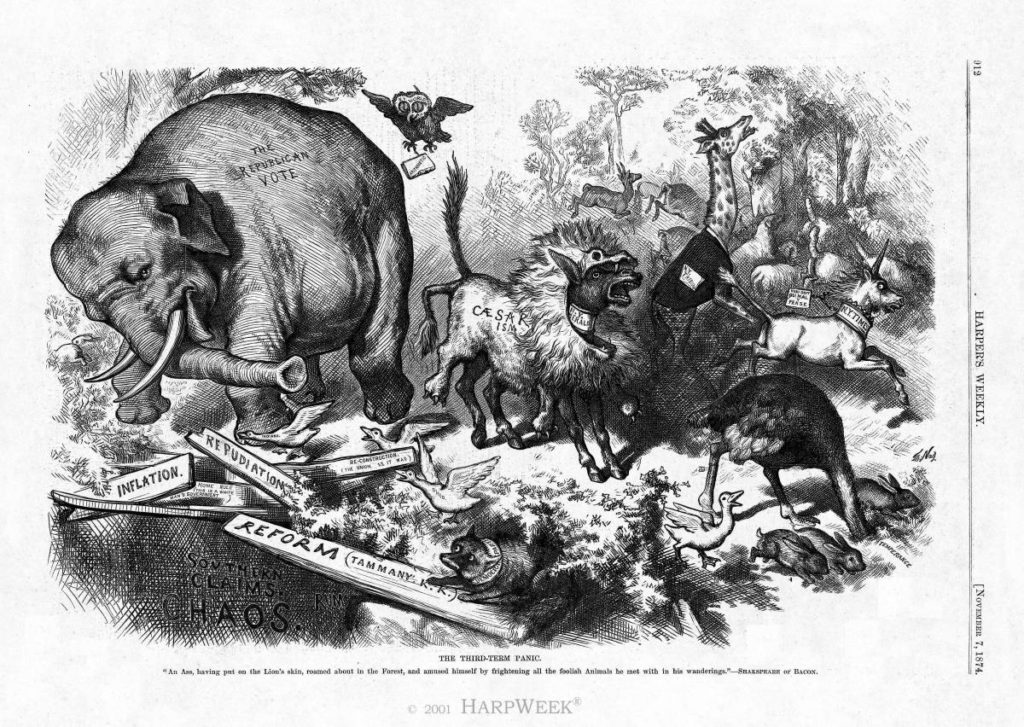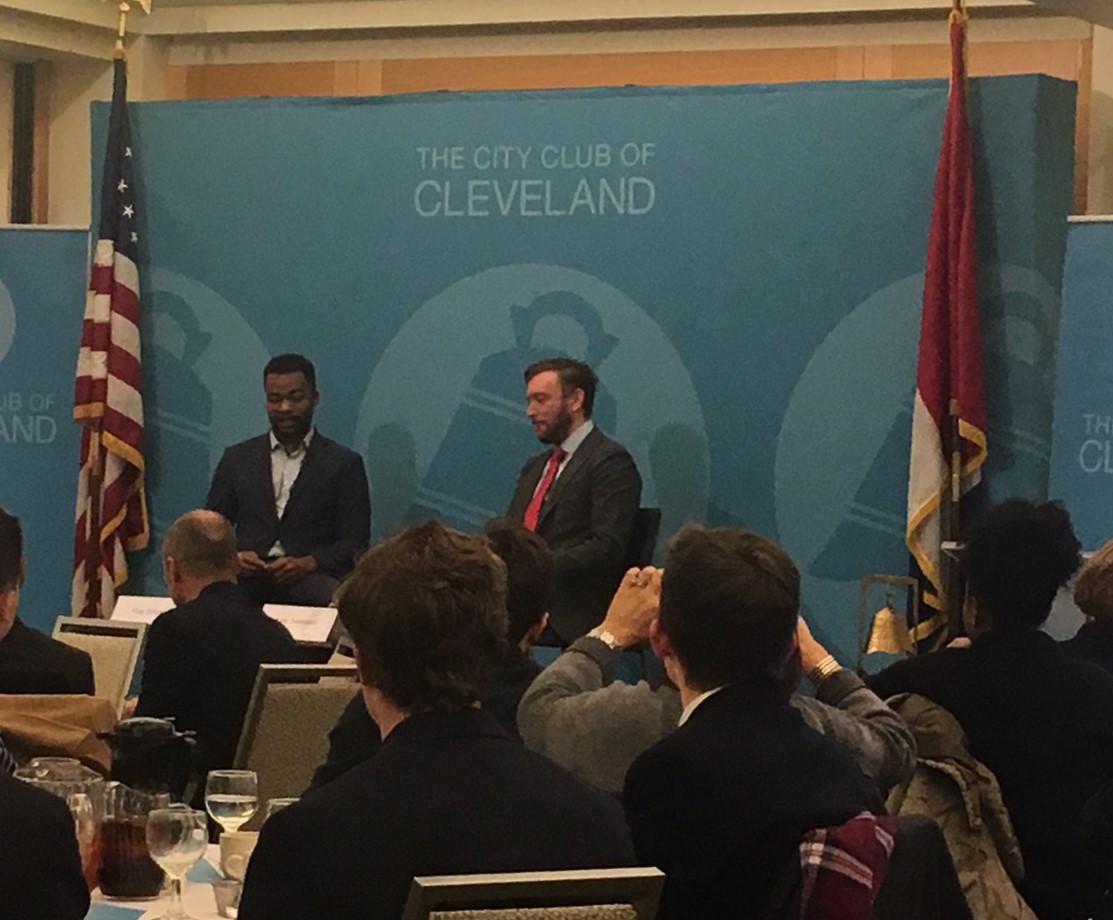During my so-called career I spent more than twelve years as a law enforcement officer, including nine years as a police officer in Cleveland, Ohio.

Law enforcement is a remarkably educational occupation. And the lessons you learn are sometimes burned into your psyche. Not everyone has the opportunity to work in law enforcement, so for those who never donned the uniform, here are a couple of things I learned during my law enforcement career:
- It’s not personal.
Don’t make it personal, be professional. You are not the most important person in everyone else’s life. What other people do usually has nothing to do with you. When you put on a uniform, everybody you encounter will respond to the uniform, not to the person inside.
2. Life is unfair.
No surprise here, but it bears repeating. Not everybody has the same opportunities. Some kids have doctors and lawyers for parents, others have knuckleheads or drug dealers. No one gets to choose their parents or the circumstances in which they will live their early years. Bad things do happen to good people. Victims aren’t always at fault. Disease, disaster, and death are random, and life can be tragically short. People don’t get the life they deserve, they get the life they get.
3. Violence is never the answer.
It’s just not. As Americans, we’re surrounded by violence: physical, verbal, emotional, economic. We glorify it. Violence is pervasive at the movies, on TV, on videogames, at school, and next door. Police are empowered to employ violence in the interest of public safety, not because they want to, or because they are well-trained or well-prepared to do so, because mostly they aren’t, but because there is no one else. Whatever the short-term effects of violence, the long-term effects are always negative. Always. That doesn’t mean that police should never employ violence, even deadly force. The reason the police exist is because somebody has to be authorized to use violence in support of the public good. But there is always a cost – to the community and to the officer.
4. Everybody just wants to get along.
Maybe not everybody, but certainly the vast majority of people. It doesn’t matter where they live. It doesn’t matter how they look. It doesn’t matter where they came from or where they want to go. Most people just want to live their lives peacefully with dignity and respect.
5. People who live in the ghetto didn’t create the ghetto.
Don’t blame them. Widespread disinvestment, loss of jobs, illegal dumping, greed, redlining, housing discrimination, inferior schools, industrial pollution, and all the other things that make some neighborhoods highly undesirable were not caused by the people who live there today. Large-scale economic, political, and social forces acting over decades created the inner cities that we struggle with today. The people that live in the inner city – and the people that live in other areas of the community – are victims of these forces, not perpetrators.
6. There are two sides to every street.
And two sides to every story. The first story you hear is not likely to be the complete story. So, it is important to withhold judgement or a decision until everyone else gets their say.
7. The truth is out there. Way out there.
Good luck finding it. Police officers quickly learn that the people they are talking to are frequently less than honest. When the police are called to adjudicate a dispute, usually everyone involved is at least partially at fault, but that’s not how they are going to tell it. (“So, you say she walked up to you and just whacked you with a baseball bat for no reason at all. Are you sure you didn’t say something to her first? Are you sure nothing at all happened before she hit you? You know, she says it wasn’t quite like that…”)
Not everyone lies to the police all the time, of course, but it doesn’t take long before new police officers realize that they need to be skeptical of just about everything anyone tells them. Sometimes people misunderstand or misinterpret what they see, and sometimes they simply don’t want to tell the truth. And a few people seem entirely incapable of telling the truth. In the long run, this is pretty unhelpful to police-community relations and the mental health of police officers.
8. Evil exists.
The human capacity for inflicting pain, suffering, and terror on other humans is, apparently, infinite. Although they get a lot of attention, spectacular incidents of depravity are rare. But casual evil – thoughtless, self-serving cruelties intended to damage another person – happen every day.
9. So does kindness.
Compassion, generosity, and kindness are more common than evil, although, as a cop, you probably wouldn’t know it.
10. Criminals are regular people, except when they are not.
There are people who, for whatever reason, are simply unable to live decent lives. They lie, steal, cheat, threaten, and abuse at every opportunity. While they are a very small percentage of the population, they commit the vast majority of crimes. If your town has 100 burglaries a year, it doesn’t have 100 burglars. It probably has two or three burglars.
But even the burglars next door are regular neighbors most of the time. They shop at the same stores as you, put out their trash on the same days, and root for the same sports teams.
And most people who commit crimes are not actually career criminals. They are people who made a pretty bad choice, or maybe a couple of bad choices, but they are not irredeemably bad. There is no criminality gene, no neighborhood where everyone is a criminal, no racial, ethnic, religious, or economic group that is composed entirely of criminals.
Of course, these are things that I learned, or had reinforced in my time as a police officer. My experiences are specific to a particular department at a particular time, and cannot represent the enormous variety of law enforcement experience. Other officers, with different backgrounds, different life experiences, and different perspectives would create a different list.
March 1, 2019
Photos from the Cleveland Police Historical Society








